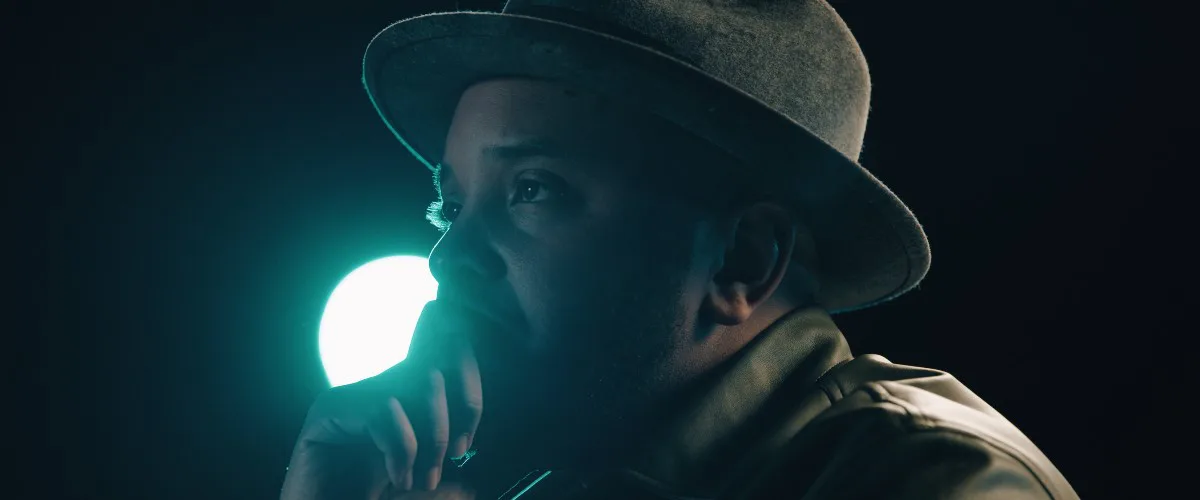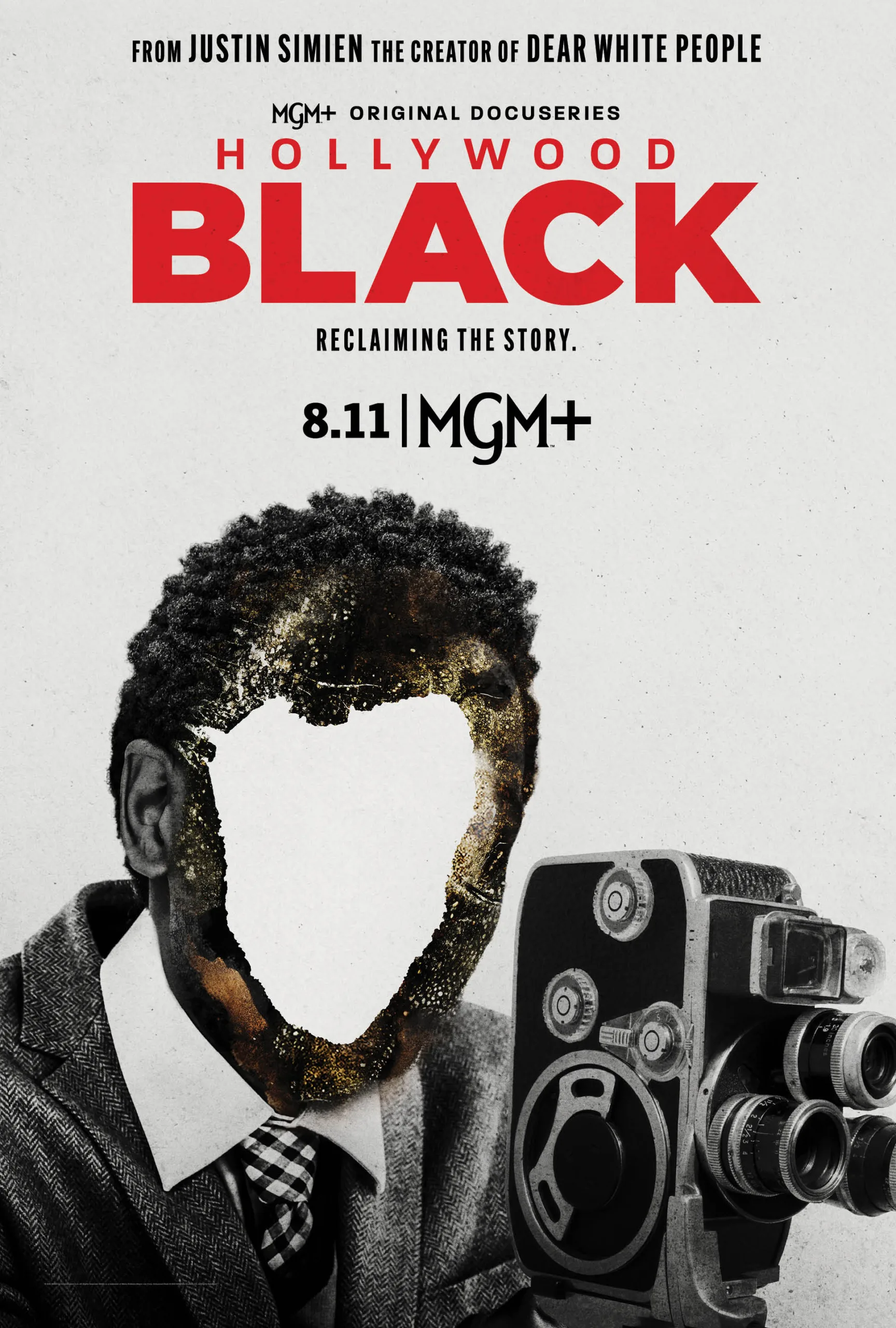The tricky part with a docuseries like “Hollywood Black,” particularly if you have a deep reservoir of knowledge about its chosen subject, is realizing that it’ll probably never be as comprehensive as you’d like. After all, the four-part series directed by Justin Simien (“Dear White People”), adapted from the same-titled book by film historian Donald Bogle, is slated to premiere on MGM+—which isn’t really a historically minded network or streamer like TCM or Criterion Channel. Recalibrating one’s expectation, in that regard, is crucial.
And yet, a documentary series can’t be judged on intention alone. Simien assembles an impressive roster of talking heads (academics, stars, directors, and producers) to talk about the history of Hollywood from a Black perspective. His thesis is sound—Black people are imperative to Hollywood’s existence—and the joy he injects into the subject is pure. But it never feels like there’s quite enough substance to match his enthusiasm.
The abbreviated length of “Hollywood Black” often betrays its noble desires. Take, for instance, the first hour, which attempts to cram over sixty years of Black cinematic history into less than an hour. As such, the chronology of early Black filmmaking is simplified into a neater timeline. A pioneer like Nina Mae McKinney isn’t mentioned, while Josephine Baker only receives a passing nod (the docuseries instead turns its focus to Fredi Washington, an equally imperative figure). At one point, Issa Rae claims that no other Black director was producing and directing films except Oscar Micheaux. The broad statement ignores creators like Richard D. Maurice and brothers Noble and George Johnson.
There is an early tension to the first episode. While scholars like Racquel Gates, Jacqueline Stewart, and Bogle are providing in-depth context, the celebrity talking heads, who, armed with some basic historical grounding, reduce the past to broad, generic observations That tension is emblematic of Simien trying to balance the research component of the docuseries and the approachability, with the latter party decided by spotlighting the celebrity participants.
While the docuseries includes plenty of Black women directors as talking heads: Ava DuVernay, Gina Prince-Bythewood, Cheryl Dunye, Melina Matsoukas, Lena Waithe, and more—the actual screen time directed at films by Black women is hardly sufficient. How does one make a documentary about Black filmmakers and not include Kathleen Collins? Outside of “The Watermelon Woman” and “Daughters of the Dust,” when the series talks about Black women directors, it’s those who mostly operate in Hollywood. While that decision is understandable, to a point, after all, the series is called “Hollywood Black,” it does erase core pieces of Black cinematic history. Barely any contemporary Black women directors are included—the same with creatives like Ayoka Chenzira, Cauleen Smith, Zeinabu irene Davis, and more.
Once again, Simien only had so much time, and aiming for comprehensiveness is almost a fool’s errand. And yet, what is cut to conserve time is nevertheless telling. Ultimately, “Hollywood Black” is a history lesson told from a male perspective with only a few diversions to Black women’s contributions.
There is enough missing from “Hollywood Black” that it very nearly blinds one to the wealth of history that is present. Very few mainstream documentaries, for instance, have tried to provide context to Blackface and the practice of minstrelsy. The genius of Bert Williams is noticed. The little-known, unreleased silent feature “Lime Kiln Field Day” (1913), starring Williams, is placed in its proper context as the oldest surviving Black-cast feature (it’s presently streaming on Criterion Channel). Charles Lane, the director of “Sidewalk Stories,” is also spotlighted. And while it’s heartening to see Bill Greaves’ boundary-pushing mockumentary “Symbiopsychotaxiplasm: Take One” talked about, the conversation between Simien and DuVernay, where the former gives their own odd interpretation of Greaves’ film can be painful to watch, if only because the critique provided doesn’t appear well-considered.
That doesn’t mean Simien’s first-person perspective isn’t worthwhile. The series is especially strong when he talks about the impact “The Wiz” had on him. As Simien stares up at the footage of the still-underrated Blaxploitation musical, there is a palpable joy to the proceedings. It’s clear Simien wants the series to be a celebration of Black creativity—hence cutting Bill Cosby’s presence in Black Hollywood’s history by uplifting the importance of Richard Pryor and also remaining deferential to Tyler Perry’s achievements—and his side steps keep him out of relative trouble, so to speak.
Still, I wish there was more in this film about the how versus what of cinema. When Ernest Dickerson talks about how the lighting of Black skin has changed over the years, it’s incisive and stimulating. But Simien, unfortunately, doesn’t dig that deep into the craft. Rather, he sticks to the broad beats of what these steps forward to progress mean. It’s worth noting that the craft in Simien’s own series slips. Simien critiques how Hollywood co-opted Blaxploitation only to cut to Rudy Ray Moore (an independent filmmaker). At another point, he makes a broad point about films during the late-70s but cuts to “Black Belt Jones” (released in 1974). These mistakes are compounded by the fact that in charting the rise of Blaxploitation, he skips over Ossie Davis’ “Cotton Comes to Harlem,” the film that kicked it all off.
Many of these grievances come with the knowledge that many people watching “Hollywood Black” will not be looking for deep-cut references or notice the many confusing nips and tucks used to tailor the history. This is a series meant to serve as an entry point. You just hope it primes enough people’s curiosity to look for more. In that regard, “Hollywood Black” might be moderately successful.
Whole season screened for review.




















